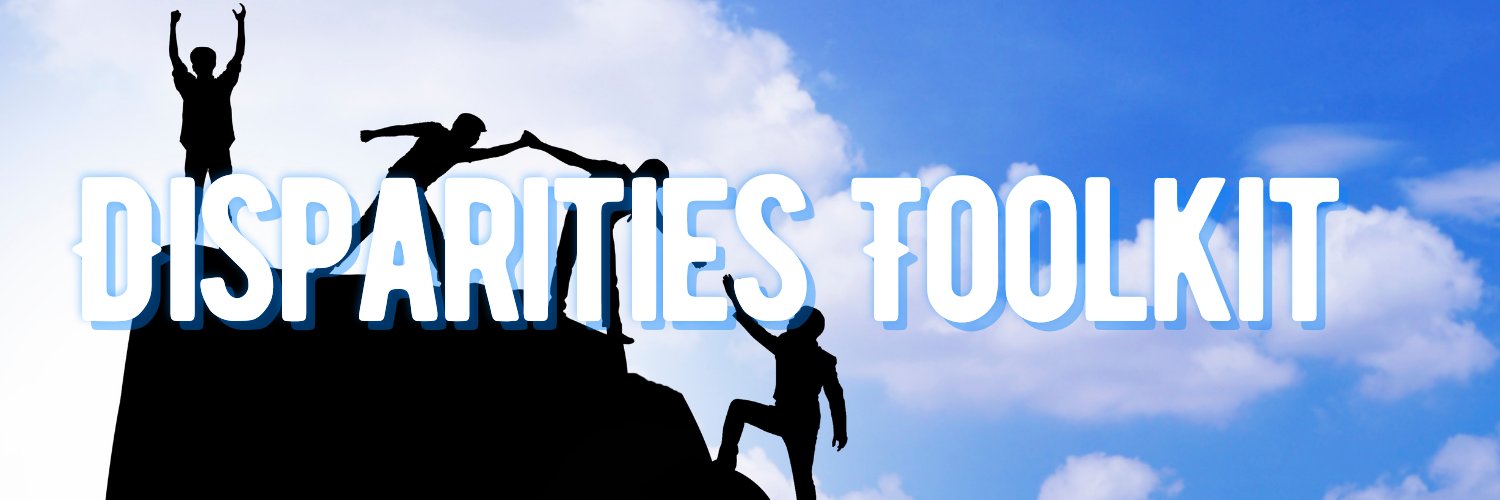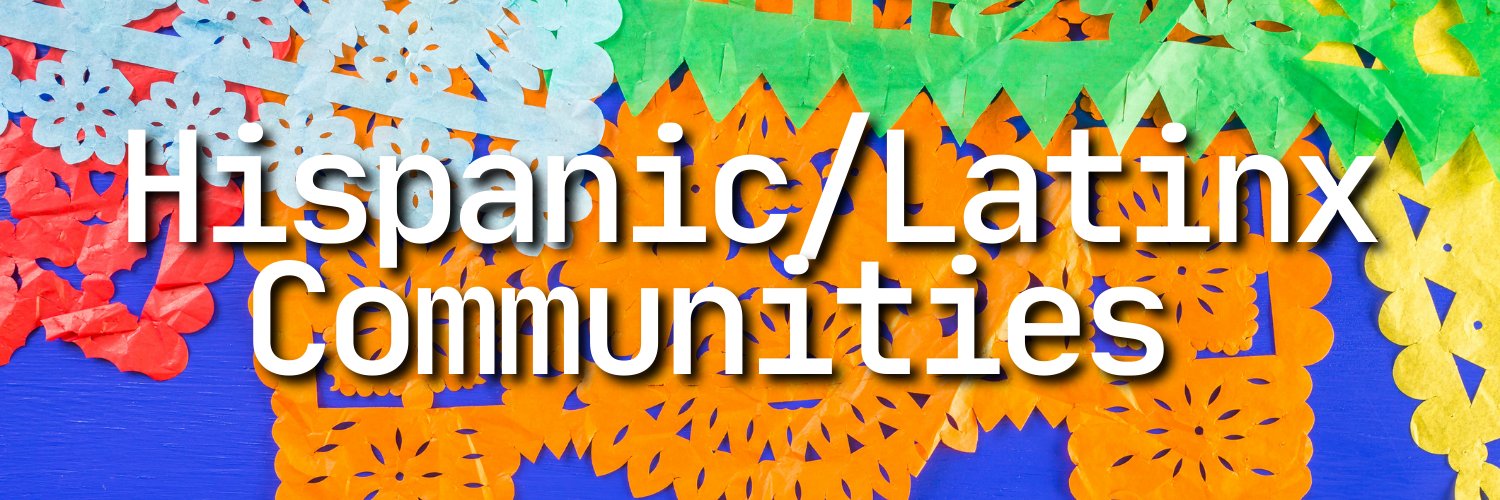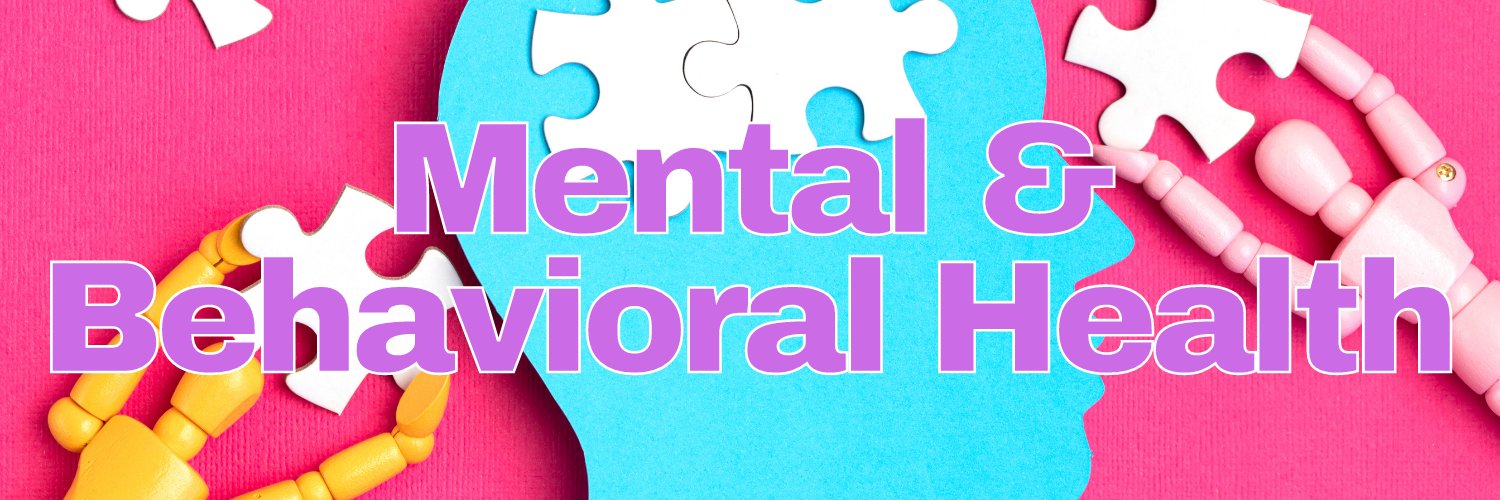“Health equity means that everyone has a fair and just opportunity to be healthy. This requires removing obstacles to health such as poverty, discrimination, and their consequences, including powerlessness and lack of access to good jobs with fair pay, quality education and housing, safe environments, and health care.”
— Braveman P, Arkin E, Orleans T, Proctor D, and Plough A. What Is Health Equity? And What Difference Does a Definition Make? Princeton, NJ: Robert Wood Johnson Foundation, 2017.
We are focused on increasing health equity in tobacco prevention and control in an effort to decrease prevalence rates and prevent initiation among those who are most disproportionately impacted by the burden of tobacco.
This means we are focused on addressing tobacco-related disparities. A tobacco disparity refers to a sub-population or pocket of individuals that "stand-out" from their peers regarding some tobacco-related health dimension. Bringing Everyone Along: A Strategic Plan to Eliminate Tobacco-Related Disparities in Wisconsin is what guides our work in Wisconsin.
The Tobacco-Related Disparities Stat Shot highlights how different communities/sub populations are being disproportionately impacted by tobacco.
Click here for a Powerpoint slide deck associated with the 2015 Stat Shot that can be tailored for local presentations to highlight activities that your MJC/network is doing to work with populations disproportionately impacted by the burden of tobacco.
For more information and resources on health equity, check out the Health Equity Hub by clicking the "Health Equity" button in the top navigation of Tobwis.
Populations with tobacco-related disparities are diverse. With limited resources, TPCP supports efforts through local and state partners to engage and reach those populations in which the need and potential impact are greatest.
Specific population resources
- Adverse Childhood Experiences (ACEs)
- African American
- Asian American
- Behavioral Health
- WiNTiP (Wisconsin Nicotine Treatment Integration Project)
- Hispanic/Latino
- LGBTQ
- Low socioeconomic status
- American Indians
Networks and Multi-Jurisdictional Coalitions engage in community actions to support tobacco prevention and control local and statewide goals, and to promote health equity.
- We Can Accomplish So Much More
Tobacco prevention programs pay for themselves by saving the state money in healthcare costs. - The Changing Face of Tobacco Use
Tobacco use among diverse communities is in many cases much higher than the statewide youth and adult averages. Strong local outreach and counter-marketing efforts are needed to provide education about these threats. - Tobacco-Related Disparities Stat Shot
Highlights how different communities/sub populations are being disproportionately impacted by tobacco.- Smoking and Pregnancy Factsheet (also in a Spanish version )
- It's Still an Uphill Battle Factsheet (also in a Spanish version )
Racial/Ethnic Networks & Poverty Network
An integral part of the strategy to reduce tobacco-related health disparities, death and disease caused by tobacco use and abuse is through supporting Alliances throughout the state.
View the Alliance Map for more information.
For more information and resources on health equity, check out the Health Equity Hub by clicking the "Health Equity" button in the top navigation of Tobwis.
"Up Close with Tobacco" Fact Sheet Series:
- Up Close with Tobacco and African Americans
- Up Close with Tobacco and American Indians
- Up Close with Tobacco and The LGBTQ Communities
- Up Close with Tobacco and Socioeconomic Status
See also:
- Tobacco, COVID-19, and Racism
A one page (front-and-back) educational resource detailing the interconnected relationship of tobacco, COVID-19, and racism as public health issues
Equity Resources for you, your coalition, and your organization:
- Achieving Health Equity (Robert Wood Johnson Foundation)
A health equity toolkit that provides resources, data, and case studies of communities making positive change in health - Better Health Through Equity (American Public Health Association)
Highlights state and local efforts to achieve better health for all - Beyond Health Care: The Role of Social Determinants in Promotion Health and Health Equity (Kaiser Foundation)
Offers an overview of social determinants of health and describes emerging efforts to address them - The Community Tool Box - Enhancing Cultural Competence Toolkit
This toolkit aids in assessing and enhancing cultural competence in your organization or community effort - Continuum on Becoming an Anti-Racist Multicultural Organization (Crossroads Ministry)
A chart that describes the six phases of working towards becoming an anti-racist multicultural organization - Health Equity Guide (A Human Impact Partners Project)
Identifies strategic practices local health departments have employed to address the root causes of health inequities - Health Equity: Moving Beyond Health Disparities (Policy Link)
A paper that provides a definition of "health equity" that moves beyond merely identifying health disparities, and highlights place-based strategies for improving health outcomes - Health Equity and Social Justice 101: Online Training (National Association of County and City Health Officials)
A training aimed at advancing the capacity of local health departments to confront the root causes of inequities in the distribution of illness, disease, and death - Organizational Self Assessment Toolkit (Bay Area Regional Health Inequalities Initiative)
Self-assessment tool that can help local health departments identify the skills, organizational practices, and infrastructure needed to address health equity - Social Determinants of Health: Know What Affects Health (Centers for Disease Control and Prevention)
A collection of CDC research and data on the connection between the circumstances under which people live, learn, work, and play, and their health and well-being - The Roots of Health Inequity: Online Training (National Association of County and City Health Officials)
An online course that introduces the public health workforce to concepts and strategies for addressing the root causes of health inequity in their everyday practice - Wisconsin Center for Health Equity
A primer on health equity and the health impact of social determinants











